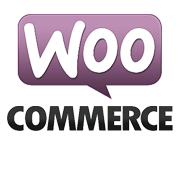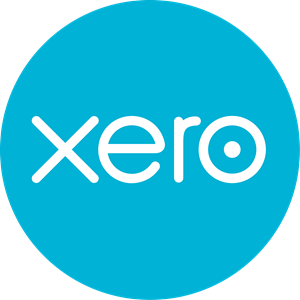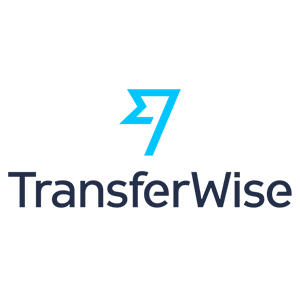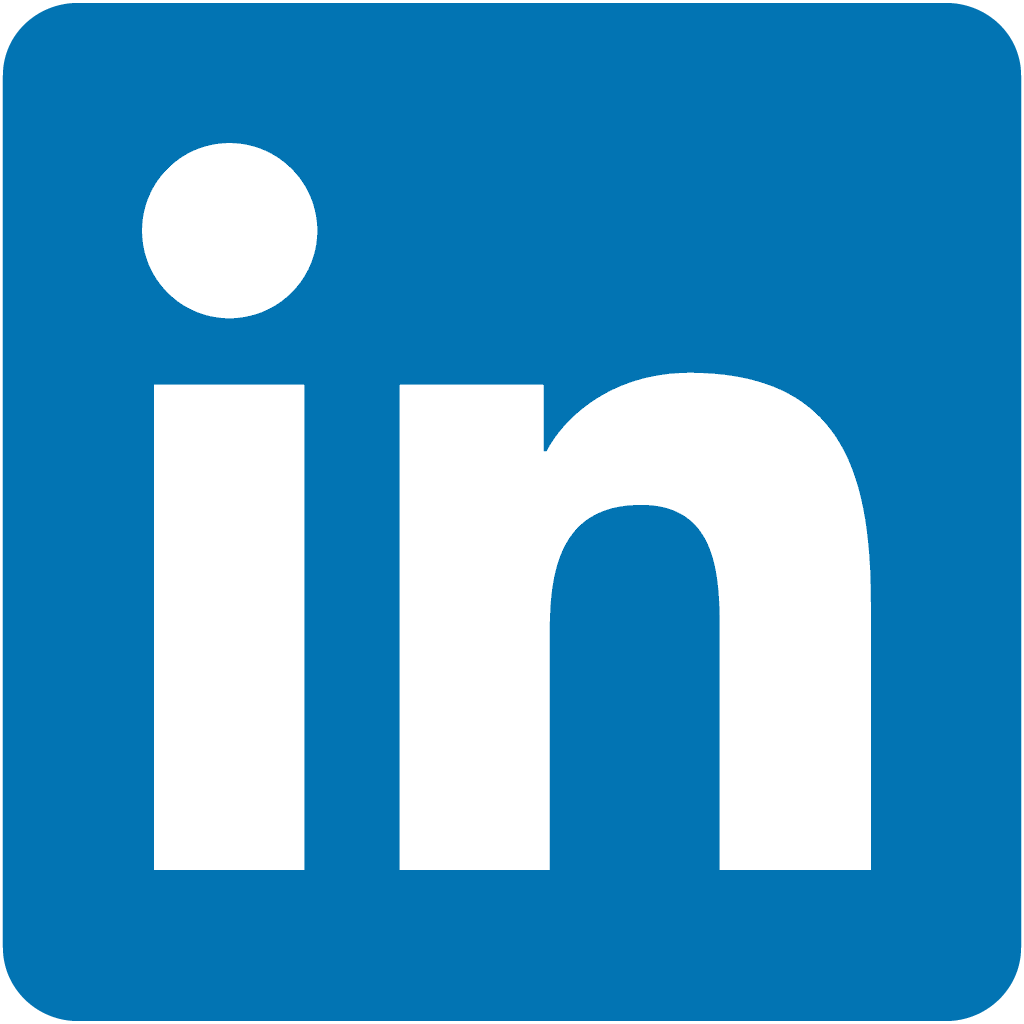Making $180K/Month As An SEO Company By Running Our Own "SEO Tests"
Hello! Who are you and what business did you start?
My name is Kyle Roof. I am the co-founder of High Voltage SEO. We do local SEO, national SEO, international SEO, to everything in between. We provide bespoke SEO services that are based on scientific testing.
Starting this business has provided me the opportunity to live where I want to live, travel as much as I want to travel, and live life the way I want to live it. I feel like I invented my job and not only has it somehow paid money, it has paid me extremely well.

What's your backstory and how did you come up with the idea?
My co-founder, Andrew Steven, hired me off of Elance for an SEO project. After that project we worked on a couple more projects and then said to each other “Should we just start an agency?” and that’s what we did. We worked together for about a year and a half before we met in person....



















































